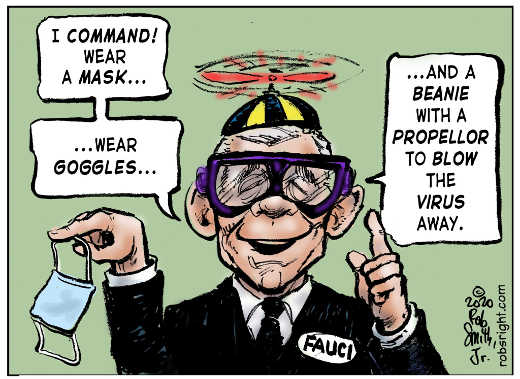LFC Comments: Thanks to a Painesville lobbyist for this article:
https://sharylattkisson.com/2020/12/cdc-more-than-5000-covid-19-vaccine-recipients-have-reportedly-suffered-health-impact-event/
CDC: More than 5,000 COVID-19 vaccine recipients have reportedly suffered “health impact event”
DATED: DECEMBER 24, 2020 BY SHARYL ATTKISSON
Excerpts from the article:
- Moderna reports significantly higher risk of common side effects
- 5,052 vaccine recipients suffered a “health impact event” as of Dec. 19
- CDC defines “health impact event” as one that renders a patient “unable to perform normal daily activities, unable to work, required care from doctor or health care professional”
- That’s a rate of about 2.3% of vaccine recipients
- CDC says a severe allergic reaction, anaphylaxis, was reported in 6 patients
What is anaphylaxis you may ask?
Answer: “Anaphylaxis is a severe, potentially life-threatening allergic reaction. It can occur within seconds or minutes of exposure to something you’re allergic to, such as peanuts or bee stings.” [LFC add in – Covid19-vaccine, just to be complete]
Symptoms
- Skin reactions, including hives and itching and flushed or pale skin.
- Low blood pressure (hypotension)
- Constriction of your airways and a swollen tongue or throat, which can cause wheezing and trouble breathing.
- A weak and rapid pulse.
- Nausea, vomiting or diarrhea.
- Dizziness or fainting.
*****
Thanks to the Center for Disease Control website for this information:
https://www.cdc.gov/coronavirus/2019-ncov/vaccines/safety/allergic-reaction.html
COVID-19 Vaccines and Severe Allergic Reactions
CDC has learned of reports that some people have experienced severe allergic reactions—also known as anaphylaxis—after getting a COVID-19 vaccine. As an example, an allergic reaction is considered severe when a person needs to be treated with epinephrine or EpiPen© or if they must go to the hospital.
What CDC Recommends
If you have ever had a severe allergic reaction to any ingredient in a COVID-19 vaccine, CDC recommends that you should not get that specific vaccine. If you have had a severe allergic reaction to other vaccines or injectable therapies, you should ask your doctor if you should get a COVID-19 vaccine. Your doctor will help you decide if it is safe for you to get vaccinated.
CDC recommends that people with a history of severe allergic reactions not related to vaccines or injectable medications—such as allergies to food, pet, venom, environmental, or latex—may still get vaccinated. People with a history of allergies to oral medications or a family history of severe allergic reactions, or who might have an milder allergy to vaccines (no anaphylaxis)—may also still get vaccinated.
If you have a severe allergic reaction after getting the first shot, you should not get the second shot. Your doctor may refer you to a specialist in allergies and immunology to provide more care or advice.
*****
Please remember to keep listening to the scientists, they know what is best for us (sarcasm drooling from my lip)…Ahem, Dr. Fauci keeps “moving the goalposts”…What is his agenda? Who is pulling his strings?

LFC Comments: Thanks to a Mentor lobbyist for this picture….

For the liberals in the audience that is known as a joke...do not get your knickers in a bunch!!…lighten up, will ya..
*****
Categories: Uncategorized

Leave a Reply
You must be logged in to post a comment.